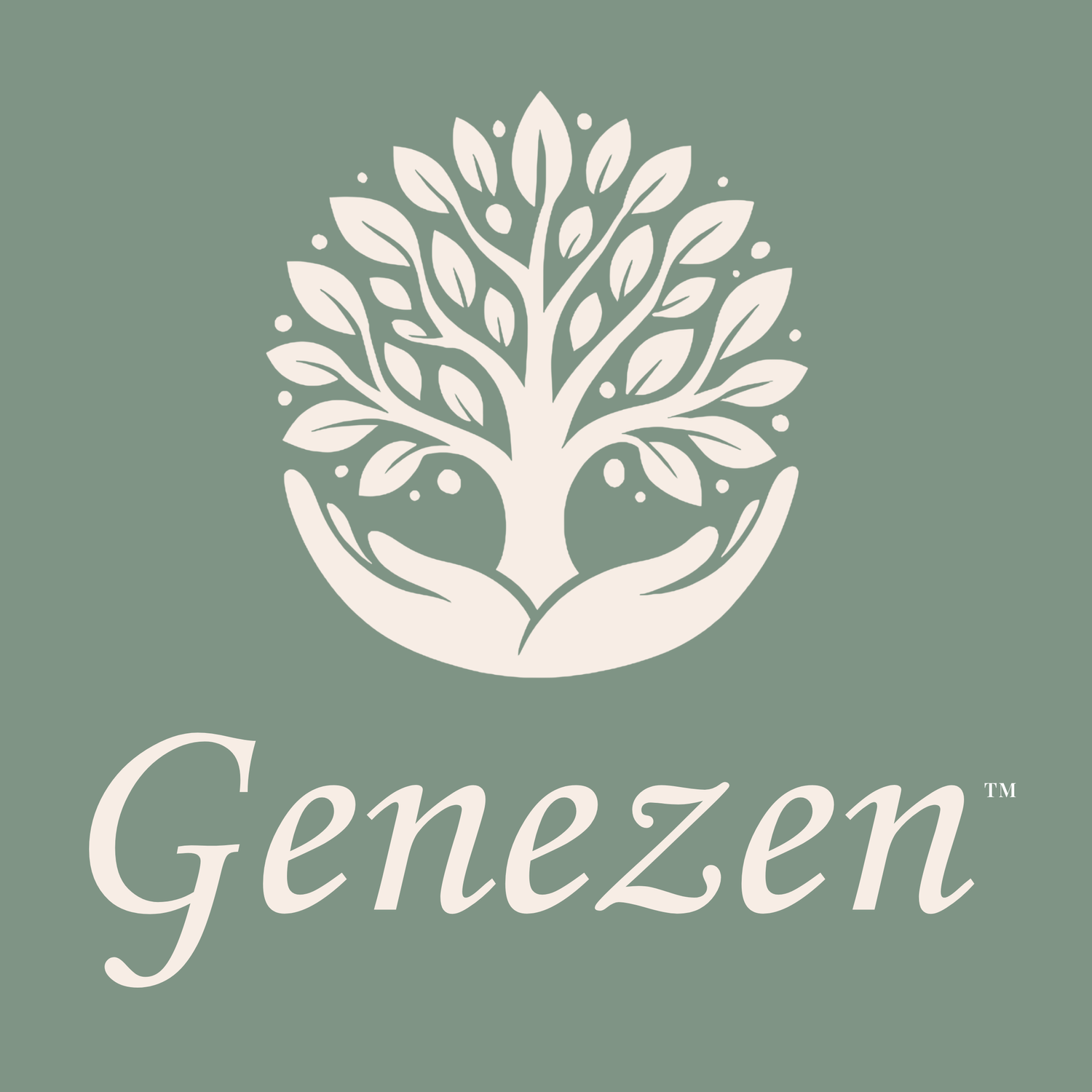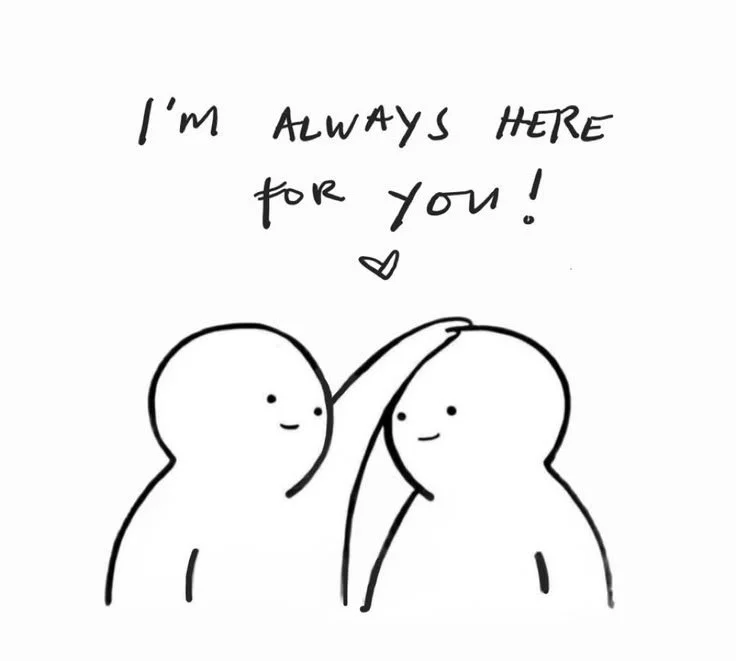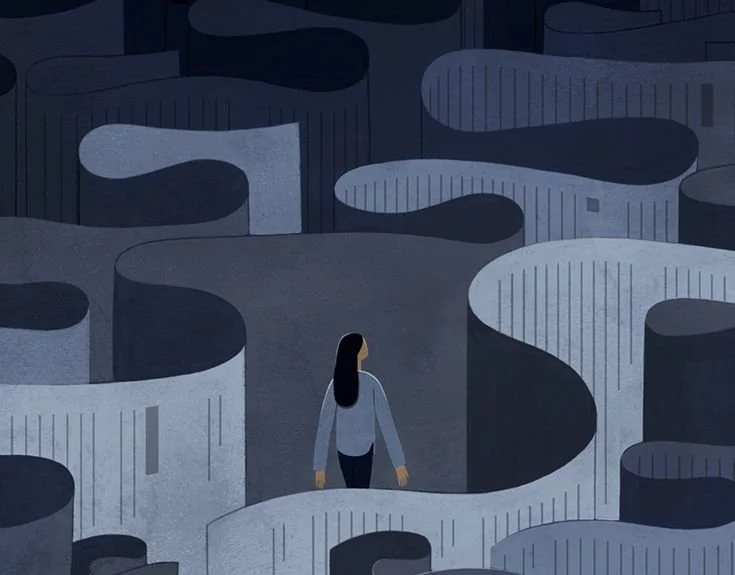You Don’t Have to Carry It Alone Anymore
You were never meant to carry everything alone.
Your strength does not disappear when you ask for support, it deepens.
Let someone hold a piece of what you’re carrying. Let yourself be supported, not just strong.
You deserve that too.
When You’re There for Everyone, and No One Shows Up for You
If you’ve been the one who’s always there - the listener, the helper, the steady one - know this: your care is your gift. But it’s not your debt.
You deserve relationships where you don’t have to earn your place through effort.
You deserve to rest without guilt.
You deserve to be held, too.
So maybe this week, when that old instinct rises to fix, to rescue, to hold it all together - pause.
Ask yourself: Who holds me?
And if the answer is “no one right now,” let it start with you.
Because when you finally learn to be there for yourself, you stop waiting for permission to be cared for - and that’s when you start to feel free.
The Psychology of Addiction: Understanding the Mind’s Cravings
At its core, addiction is not about weakness. It’s about the brain learning that a certain substance, behavior, or experience provides intense relief, pleasure, or distraction. Whether it’s alcohol, social media, food, nicotine, gambling, or even work — the addictive loop starts when the brain begins to associate that “thing” with comfort, escape, or control in an otherwise unpredictable world.
Many people don’t realize that addiction is not just about “getting high” — it’s about feeling less pain, less emptiness, less chaos. When we feel anxious, numb, rejected, unsafe, or overwhelmed, the brain craves something to soothe us quickly. Over time, this shortcut becomes a trap.
If you or someone you love is struggling with addiction, know this — you are not weak, and you are not alone. The brain is not the enemy; it’s doing its best to protect you. But it may be using outdated strategies.
With the right support, awareness, and willingness to face the pain underneath the cravings, recovery becomes more than possible. It becomes a radical act of self-compassion.
Grief Lives Where Love Once Danced
A gentle letter to everyone who has lost someone they deeply love.
Grief is not a moment.
It is not something you "get over" or heal from on a schedule.
It is not a task, a weakness, or a failure.
Grief is a language your heart speaks when it loses something it cannot bear to live without.
It is the shadow that follows love, and a testimony to how deeply you have loved — and how deeply you still do.





